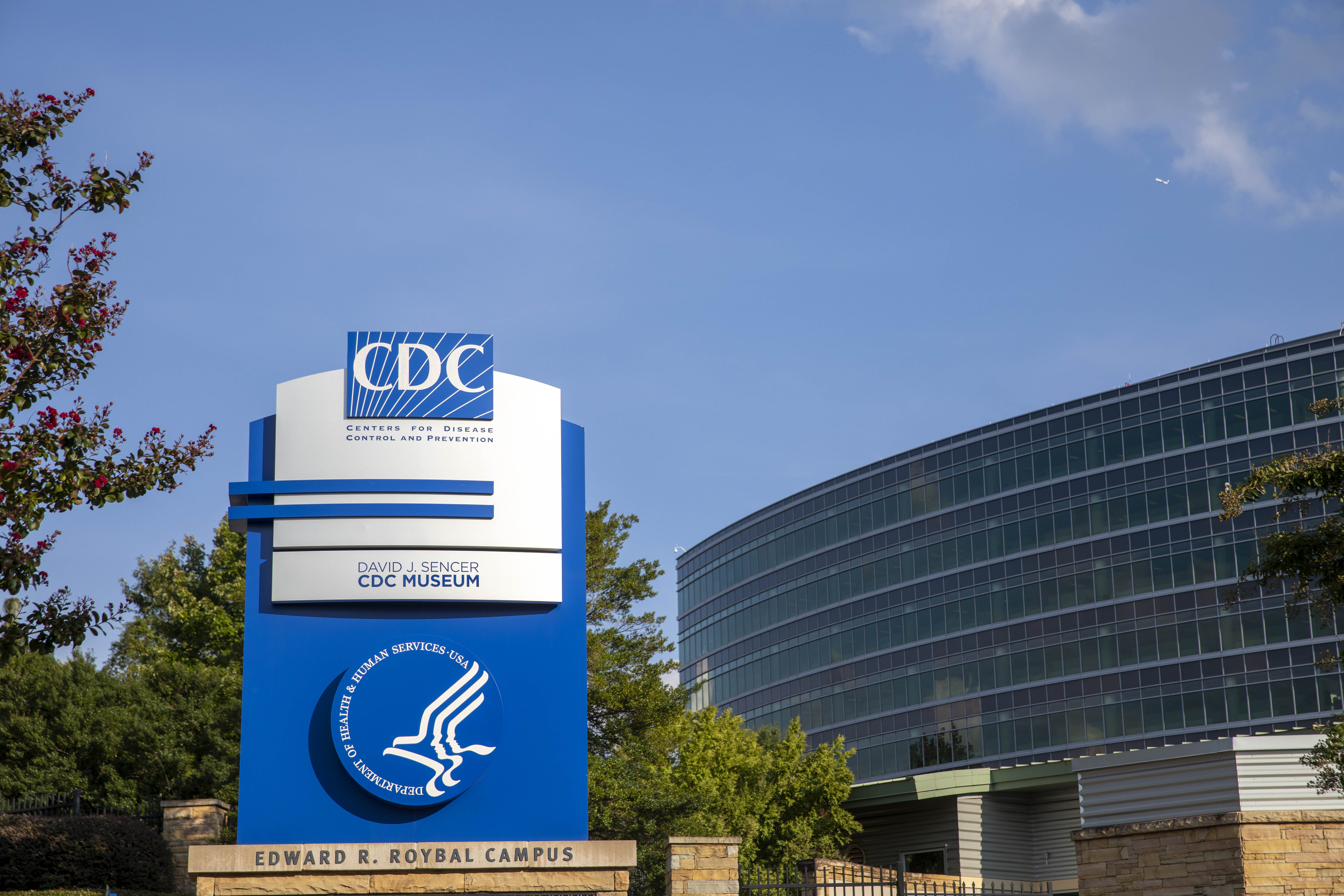
File photo: President Joe Biden sits in the Oval Office as he signs a series of orders at the White House in Washington, DC, after being sworn in at the US Capitol on Jan. 20, 2021.
When President Joe Biden made environmental protection a key element of his campaign, he promised to overhaul the federal office that investigates complaints from people in minority communities who believe they have been unfairly harmed by industrial pollution or waste disposal.
Although the Environmental Protection Agency acknowledges that disadvantaged communities in America are disproportionately affected by pollution, hundreds of complaints sent to its civil rights office since the mid-1990s have only once resulted in a formal finding of discrimination.
The situation has provoked criticism from the U.S. Civil Rights Commission, the EPA’s own Office of Inspector General and citizens who have filed complaints that sometimes languished for years — or decades.
Under Title VI of the 1964 Civil Rights Act, states, cities and other entities that receive federal funds are prohibited from discriminating because of race, color or national origin. That means citizens bearing the brunt of industrial pollution can bring a complaint if federal money is tied to the project.
Get top local stories in Philly delivered to you every morning. Sign up for NBC Philadelphia's News Headlines newsletter.
In Uniontown, Alabama — a mainly Black town of 2,200 — residents complained to the EPA in 2013 about the Alabama Department of Environmental Management’s oversight of a huge landfill containing 4 million tons of coal ash that residents blame for respiratory, kidney and other ailments. Five years later, the EPA dismissed the complaint, saying residents hadn’t proven the landfill caused their health problems.
The U.S. Civil Rights Commission called the dismissal of the Uniontown complaint “another distressing step in the wrong direction” by the EPA office.
The outcome was typical. In three decades of fielding complaints, EPA’s civil rights office has almost never found pollution was adversely affecting human health. And without such a finding, the agency won’t even consider whether illegal discrimination occurred.
U.S. & World
Stories that affect your life across the U.S. and around the world.
Marianne Engleman-Lado, who was recently appointed by the Biden administration to the EPA’s office of general counsel, had helped Uniontown residents with their case. She maintains the way the EPA evaluates such complaints makes it nearly impossible to prevail because proving with scientific certainty that pollution is causing disease is a nearly insurmountable obstacle.
Ben Eaton, a Perry County Commissioner involved in the Uniontown complaint, said attorneys warned that discrimination claims usually go nowhere, but residents felt their evidence — including photos and videos — was compelling. “What’s the use of having these agencies,” he said, “if they’re not going to do the job?”
Residents of a predominantly Black and Latino community in Oakland, California were similarly disappointed with results of their civil rights complaint over air pollution from ships and truck traffic at the busy Port of Oakland.
Margaret Gordon, a co-founder of the West Oakland Environmental Indicators Project, said her group did not have a seat at the table when EPA hammered out an informal resolution with the port. Air pollution is still a problem, she said, although port officials are now more willing to listen to community members.
Lilian Sotolongo Dorka, who heads the EPAs office of external civil rights enforcement, touted the 2019 Oakland resolution as an “extremely effective” example of the difference her office is making in people’s lives.
But Richard Grow, who worked at EPA for 40 years before retiring in 2019 and was one of the agency’s negotiators, agrees with Gordon’s assessment.
“We put forth a number of very practical ... solutions and recommendations and they just said ‘No,’” Grow said. When he reported the port’s and city’s position to Dorka’s office, he said he was told nothing could be done.
The office had no further comment, and the port issued a statement saying it is committed to continuing a dialogue with the community.
The EPA has the power to withdraw funding from groups that discriminate, although it has never used that power. Dorka defends her office’s record, saying it has eliminated a chronic backlog of complaints.
“I disagree very significantly with the conclusion that you can judge our civil rights program by the number of formal findings (of discrimination) we’ve made,” she said, noting the office is required by regulation to seek informal resolutions wherever possible.
U.S. Sen. Cory Booker (D-New Jersey) is among those who think EPA’s civil rights office should do more. During confirmation hearings this month for Michael Regan, Biden’s nominee for EPA administrator, Booker spoke of meeting Alabama citizens suffering from tropical diseases they attribute to sewage pollution, children with elevated lead levels in his own state, and families in Louisiana’s so-called “cancer alley” who felt abandoned by their government.
The EPA’s civil rights office “has been eviscerated over the years,” the African-American senator told Regan. “You’re not even equipped, in my opinion, to actually begin to fight against these issues that affect millions of Americans.”
Regan promised to make environmental justice a top priority, including “restructuring and reorganizing” the office of civil rights, which has 12 fulltime employees. “We will need additional resources. ...” he said.
Critics concede that Dorka, who took over the office of external civil rights under President Barak Obama, has made some progress, including producing a case resolution manual to guide investigations.
Obama’s last day in office marked the only time Dorka’s office issued a formal finding of discrimination — in a complaint filed 25 years earlier over the Genesee Power Plant outside Flint, Michigan. The agency dismissed allegations that the plant’s emissions hurt Black residents, finding insufficient evidence of harm to their health. However, the EPA did find residents were not given a fair opportunity to participate in the permitting process.
Dorka said progress has continued under the Trump administration.
EPA spokeswoman Lindsay Hamilton said that “The new leadership team will be working closely with career colleagues ... as well as receiving input from stakeholder groups, in an effort to bolster the agency’s capabilities to deliver on our environmental justice and civil rights missions.”
Environmental justice advocates say the changes need to be significant.
“There are still places where people don’t have access to safe drinking water, where they live in close proximity to hazardous sources,” said Vernice Miller-Travis, a longtime advocate and cofounder of WE ACT for Environmental Justice. “This could be a moment of real sea change in terms of how the EPA is not just paying lip service to civil rights.”



